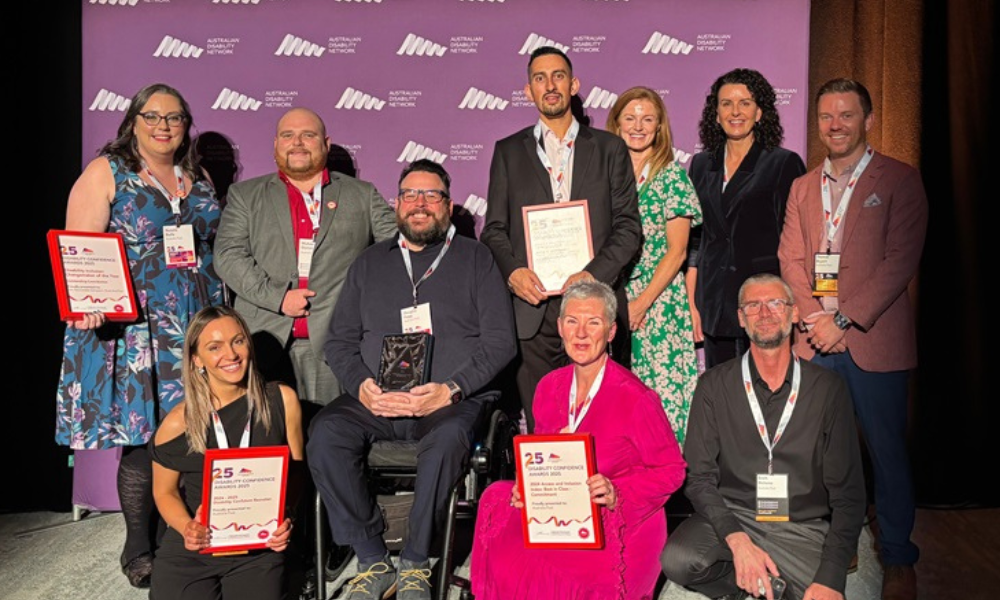
'What gets measured gets done' says the services head of diversity, inclusion and talent

Ensuring equitable representation across a workforce of more than 64,000 is no small feat, yet Australia Post is proving it can be done—successfully scaling award-winning accessibility and inclusion initiatives across its expansive national footprint.
HRD spoke with Julie Duncan, Head of Diversity, Inclusion and Talent at Aus Post, about the organisation’s approach to embedding accessibility at every level of the employee experience.
“We are in literally every corner of Australia, we deliver to every post box, location, and suburb, so reflecting every single type of person really underpins everything we do – by thinking about team member, customer and community.”
“How does this all work in practice? Data. I’m a massive data nerd and a huge believer in what gets measured gets done. Access and Inclusion plans, for example, help have a really clear strategy, actions and key deliverable targets that we can track and make sure we’re seeing progress,” Duncan added.
According to Duncan, having clear points of measurement within a diversity, equality and inclusion (DEI) plan is the best way to forecast success – through a mixture of engagement responses and executive sponsors.
“Not only do we look at the engagement of those that self-identify as living with a disability, we also look an entry and exit data to look at how we can bring people closer together. Understanding why people may be leaving for other opportunities and listening to those with lived experience are the most important parts.”
Australia Post are also “incredibly lucky,” according to Duncan, to have their Executive General Manager of People and Culture as their executive sponsor for their access and inclusion plan – providing support and strategic guidance to the initiative.
It’s this, Duncan told HRD – alongside data – that is a factor in getting projects off the ground.
“When you’ve got support like this, which is generally backed up by the data you’ve already collected, you get ownership and accountability through multiple layers which makes a huge difference in actually being able to get these things [initiatives] off the ground.”
How these initiatives are implemented – such as retention, development and innovating their workforce and practices – have been recognised as award-winning, seeing Aus Post rank among the top performers in Australian Disability Network’s Access and Inclusion Index as well as being recognised as finalists in a number of categories at the Disability Conference Awards 2025.

“This demonstrates the incredible effort and continued support that goes into initiatives like ours,” Duncan emphasised. “But this isn’t where it ends, ironically, it’s what has shown us more opportunities to grow. We now know we’ve got solid foundations that we can build on to do even more great things.”
The company say they are already reviewing and assessing “reasonable adjustments” to some of their newer DEI initiatives to make them better suit their workforce – such as their newly implemented Workplace Adjustment Policy which focuses on making a change to a work process or environment that enables a team member with disability to perform their job effectively.
“We’re now starting to design the 2026 plan,” Duncan shared. “We’ve got ambitious goals in place.”
Beyond the moral rationale, Duncan underscored the strategic business value of DEI.
“Core issues are key opportunities,” she said. “All you need to do is to really talk to others about the importance of inclusion for it to resonate and show why this work is important, and I feel lucky to be part of it. So for us, it's just doubling down on what we're doing, and we're already starting to plan and think about what's next, and that's about doing more, doing better, not doing less.”
Duncan concluded by reiterating that accessibility isn’t just a human issue—it’s a performance driver.
“DEI and accessibility is not just the right thing to do, but is also good for business.”